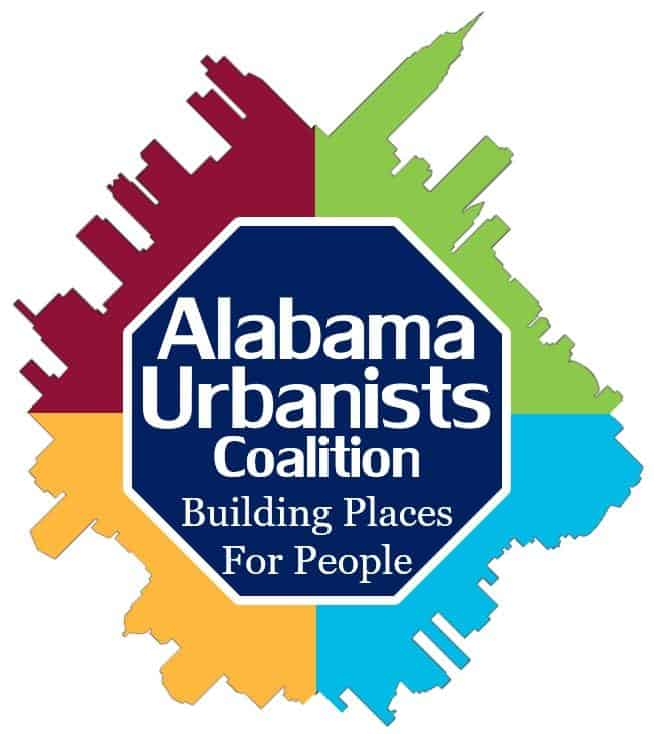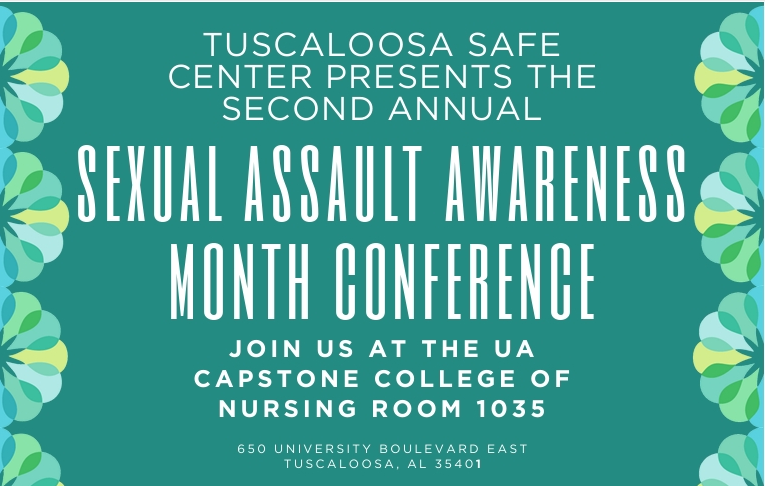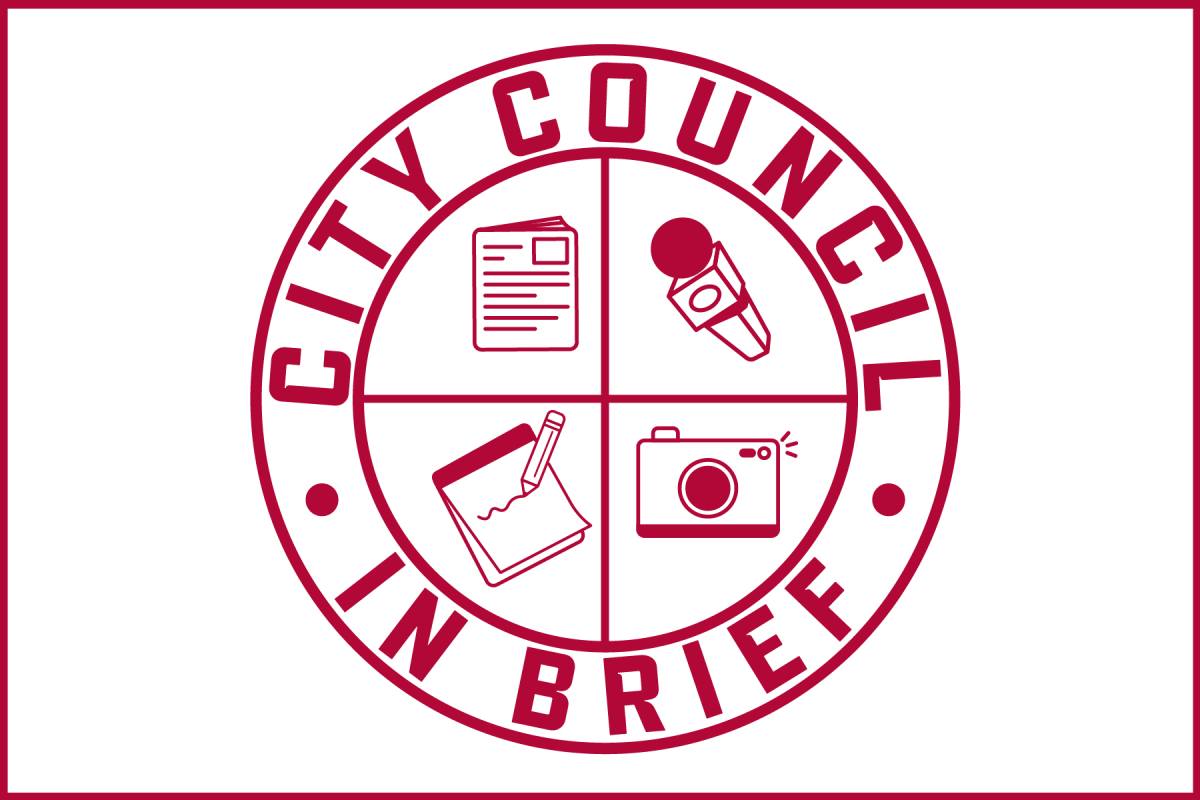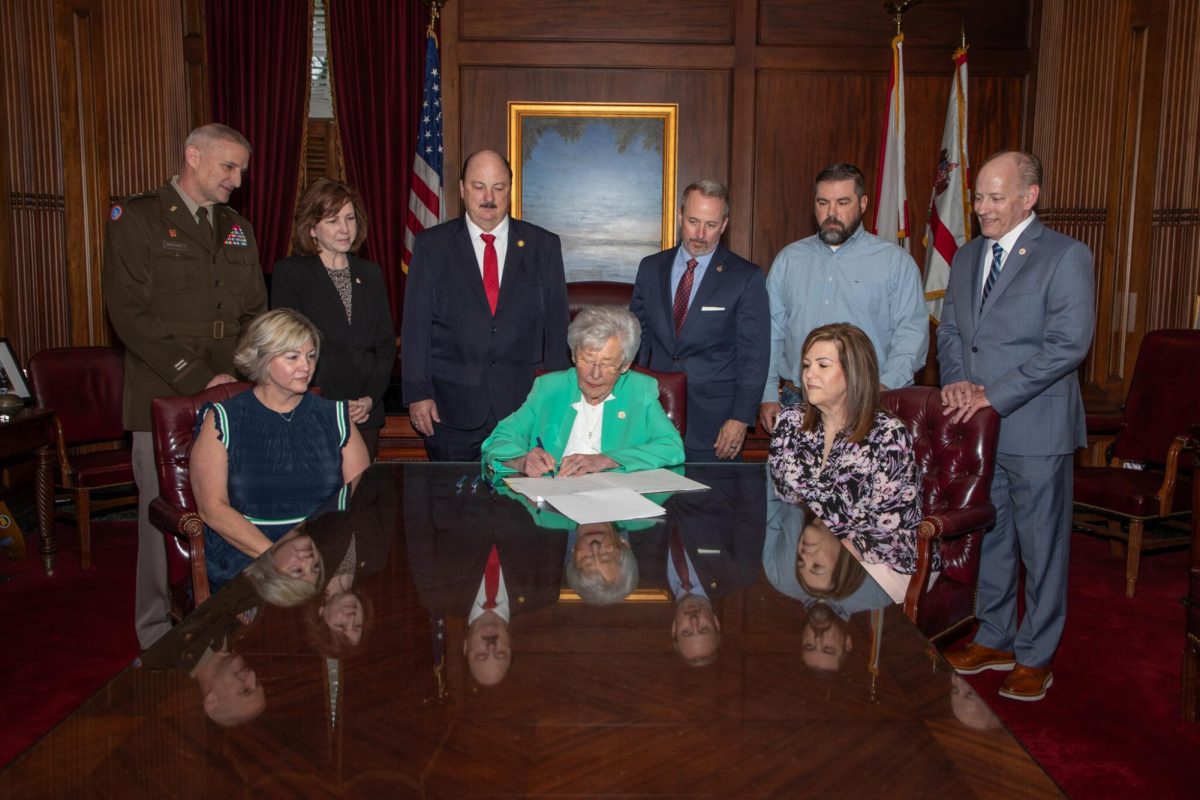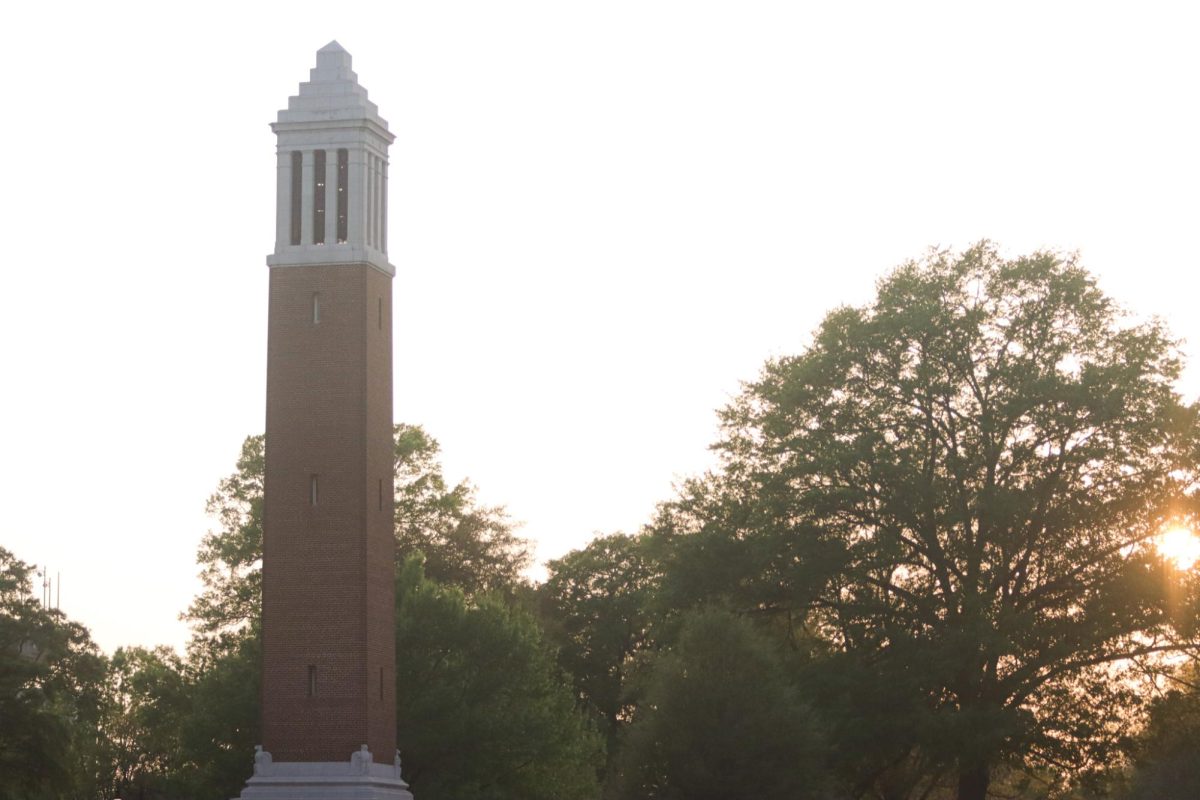The Alabama Urbanists Coalition Tuscaloosa is a new organization that seeks to impact the local area and beyond through human-oriented city planning.
Zachary Johnson, a graduate student who is the founder and president of the AUCT, said that “urbanism is a nonpartisan belief that communities — cities, towns, villages — are not designed for people.”
Urbanists assert that the built environment, the artificial places where humans live and work, does not serve people as well as it could. A commonly cited example of the dissonance between people and modern environments is the lack of public transportation and safe sidewalks in much of the U.S.
Many cities, especially in the United States, devote much of their infrastructure to personal cars, including multilane roads and large parking lots. This focus on automobiles often comes with a decrease in pedestrian safety and less investment in public transportation, leading to an environment frequently more conducive to cars than to people.
“Being able to be in your city and not just driving around it is a really different thing,” Abby Shinnerl, vice president of the AUCT, said.
However, urbanism is about more than just transportation. It is a holistic view that includes combating societal issues such as discriminatory housing practices and excessive carbon emissions.
“The place where you live should be enjoyable and accessible to everyone regardless of class, regardless of race,” Ethan Enfinger, a master’s student in public administration and AUCT member, said.
Urbanism attempts to solve these and many other issues with the built environment by returning the focus of urban development to the people it affects. Groups like the AUCT promote education that can lead to future policy action.
On campus, the University has invested in a large number of sidewalks, crosswalks and buses, but some in the AUCT argue the rest of the city doesn’t have access to the same level of transportation infrastructure.
“It makes me sad that it’s something we can enjoy and people who are actually residents here don’t really have the same luxury,” Shinnerl said.
Part of the AUCT’s mission is to influence local policy decisions to make Tuscaloosa more accessible, both on and off campus, to make the city more connected for everyone.
“If the campus is going to be the heart of Tuscaloosa, then let’s give it some veins,” Enfinger said.
Johnson said that the reforms AUCT propose will have to happen as a joint effort between students and other Tuscaloosa residents.
The AUCT plans to take small steps to make the changes its members want to see, starting with the students on campus.
“The most important thing anybody can do is learn to affect policy, learn what policy needs to be affected, and organize their friends, neighbors, colleagues for that end,” Johnson said.



